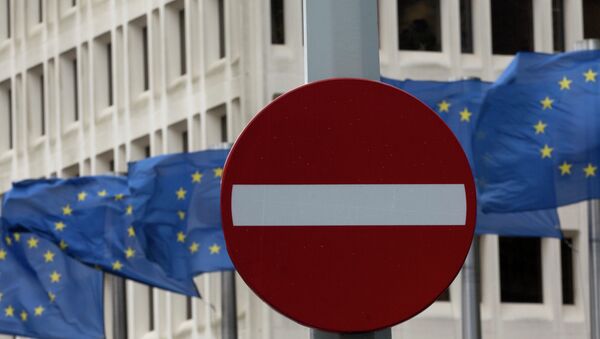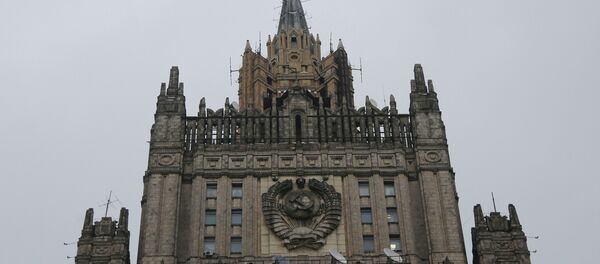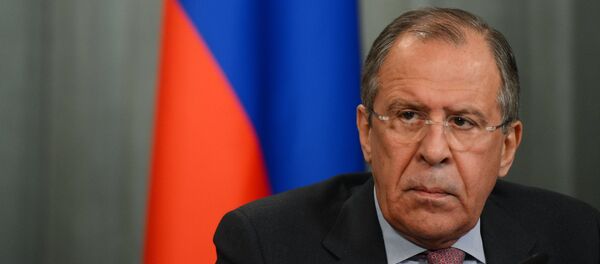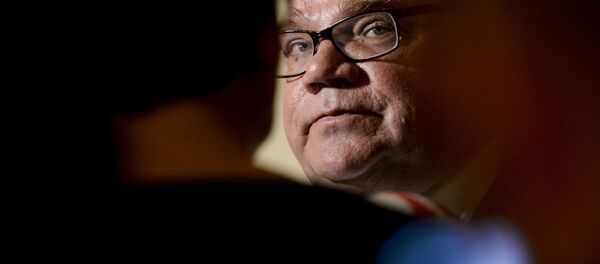Noting that the French parliamentary delegation scheduled to visit Russia on June 18 would not exclude Le Roux, Bartolone stated that if Russian border officials refuse the politician entry, the whole delegation will leave.
Bartolone noted that he will personally head the French delegation if Le Roux's name is not removed from the entry ban list, stating that while it is not standard protocol for the president of the parliament to attend, "you have given me an excellent idea. I will join the delegation and will ask Bruno Le Roux to come. If the Russians refuse, there won't be a delegation."
Regarding the list as a whole, Bartolone stated that "this whole story has no explanation. Whether it’s the case of [French intellectual] Bernard-Henri Levy, Bruno Le Roux, [EU Parliament Greens-Free Alliance co-chair] Daniel Cohn-Bendit, or others who have been barred entry, we have not even been given any explanation." The politician noted that "this is not like the case with the Russians, especially with the chairman of the Duma [Sergei Naryshkin]. He has been banned because there is a war in Ukraine. And nevertheless he came to meetings in the European Union, because it's impossible to do otherwise. What is happening here is discrimination."
Commenting on his being declared persona non grata on Sunday, Le Roux, the leader of the Socialist Party in the National Assembly, argued that his name appeared in the list as a result of National Front leader Marine Le Pen's recent visit to Moscow. The politician intimated that Le Pen had played a hand in adding his name to the blacklist, given his Socialist-led coalition's launching of an investigation over the National Front's finances. He called the list an "escalation" of the EU-Russian conflict, and stated that the ban interfered "in the internal politics of France."
The French parliamentary delegation had been scheduled to discuss energy policy, Ukraine and the crisis in the Middle East over its one day visit June 18.




